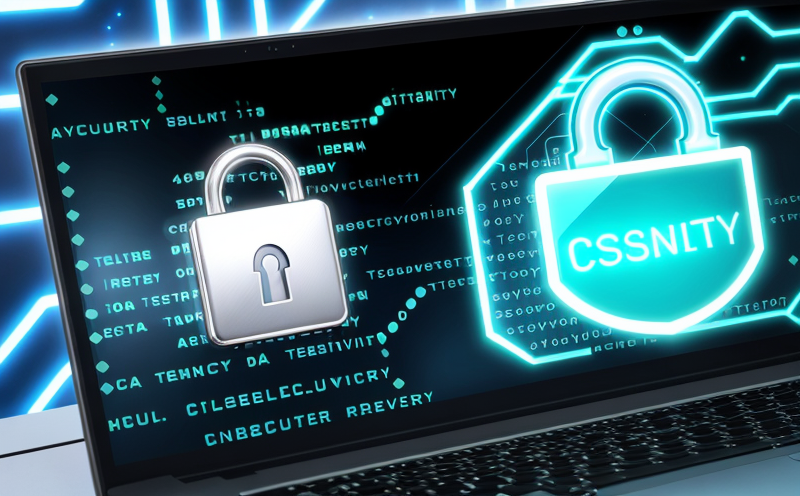ISO/IEC 27001 Information Security Management for IoT Devices
The ISO/IEC 27001 standard is a globally recognized framework that provides best practices to establish, implement, maintain, and continuously improve an information security management system (ISMS). When applied specifically to Internet of Things (IoT) devices, this framework ensures robust cybersecurity measures are integrated into the design, development, and deployment stages. This service is particularly vital for smart home and IoT device manufacturers who aim to safeguard their products from cyber threats while meeting stringent regulatory requirements.
The implementation of ISO/IEC 27001 in IoT devices involves a multi-faceted approach that includes risk assessment, access control, data protection, and compliance with international standards such as IEC 62443. The service covers the entire lifecycle of an IoT device, from initial design through to deployment and ongoing maintenance. By adhering to this standard, organizations can mitigate risks associated with unauthorized access, data breaches, and other security vulnerabilities that could compromise both personal information and critical infrastructure.
The testing process for ISO/IEC 27001 involves several key components. First, a thorough risk assessment is conducted to identify potential threats and vulnerabilities specific to the IoT device in question. This includes evaluating software components, hardware interfaces, wireless communication protocols, and cloud-based services that may be integrated into the product. Once risks are identified, appropriate controls are implemented to mitigate them, ensuring compliance with ISO/IEC 27001.
Another critical aspect of this service is the continuous monitoring and auditing process. Regular reviews are conducted to ensure that all security measures remain effective over time, adapting as necessary to address emerging threats or changes in technology. This ongoing evaluation ensures that IoT devices continue to meet current industry standards and regulatory expectations. Furthermore, this service includes training programs for quality managers, compliance officers, and R&D engineers involved in the development of IoT products.
The importance of ISO/IEC 27001 cannot be overstated, especially in an era where cyber threats are becoming more sophisticated and frequent. By implementing these best practices early in the product lifecycle, manufacturers can significantly reduce the risk of costly data breaches or other security incidents that could damage brand reputation and customer trust.
Moreover, adhering to this standard helps organizations comply with relevant laws and regulations governing information security. For instance, GDPR (General Data Protection Regulation) mandates stringent data protection principles for businesses operating within the European Union. By ensuring compliance with ISO/IEC 27001, companies can demonstrate their commitment to protecting personal data and meeting regulatory obligations.
Finally, implementing ISO/IEC 27001 also enhances customer satisfaction by providing assurance that IoT devices are secure and reliable. Consumers increasingly demand products that protect their privacy and security, making it essential for manufacturers to meet these expectations through robust cybersecurity measures. This service ensures that smart home and IoT device manufacturers can deliver trustworthy products that meet both technical requirements and market demands.
Why Choose This Test
- Comprehensive coverage of all phases of the IoT device lifecycle, ensuring robust cybersecurity measures are integrated at every stage.
- Adherence to international standards such as ISO/IEC 27001 and IEC 62443, providing assurance that your products meet global best practices in information security management.
- Dedicated support from experienced professionals who understand the unique challenges of IoT device development and deployment.
- Implementation of continuous monitoring and auditing processes to ensure ongoing compliance with ISO/IEC 27001 requirements.
- Prompt response to emerging threats, adapting controls as necessary to maintain an effective ISMS.
Quality and Reliability Assurance
- Thorough risk assessment to identify potential security vulnerabilities specific to IoT devices.
- Implementation of appropriate controls based on identified risks to mitigate these threats effectively.
- Ongoing monitoring and auditing of the ISMS to ensure it remains effective over time.
- Training programs for relevant stakeholders involved in developing and maintaining IoT devices, ensuring they are equipped with the knowledge needed to implement ISO/IEC 27001 successfully.





